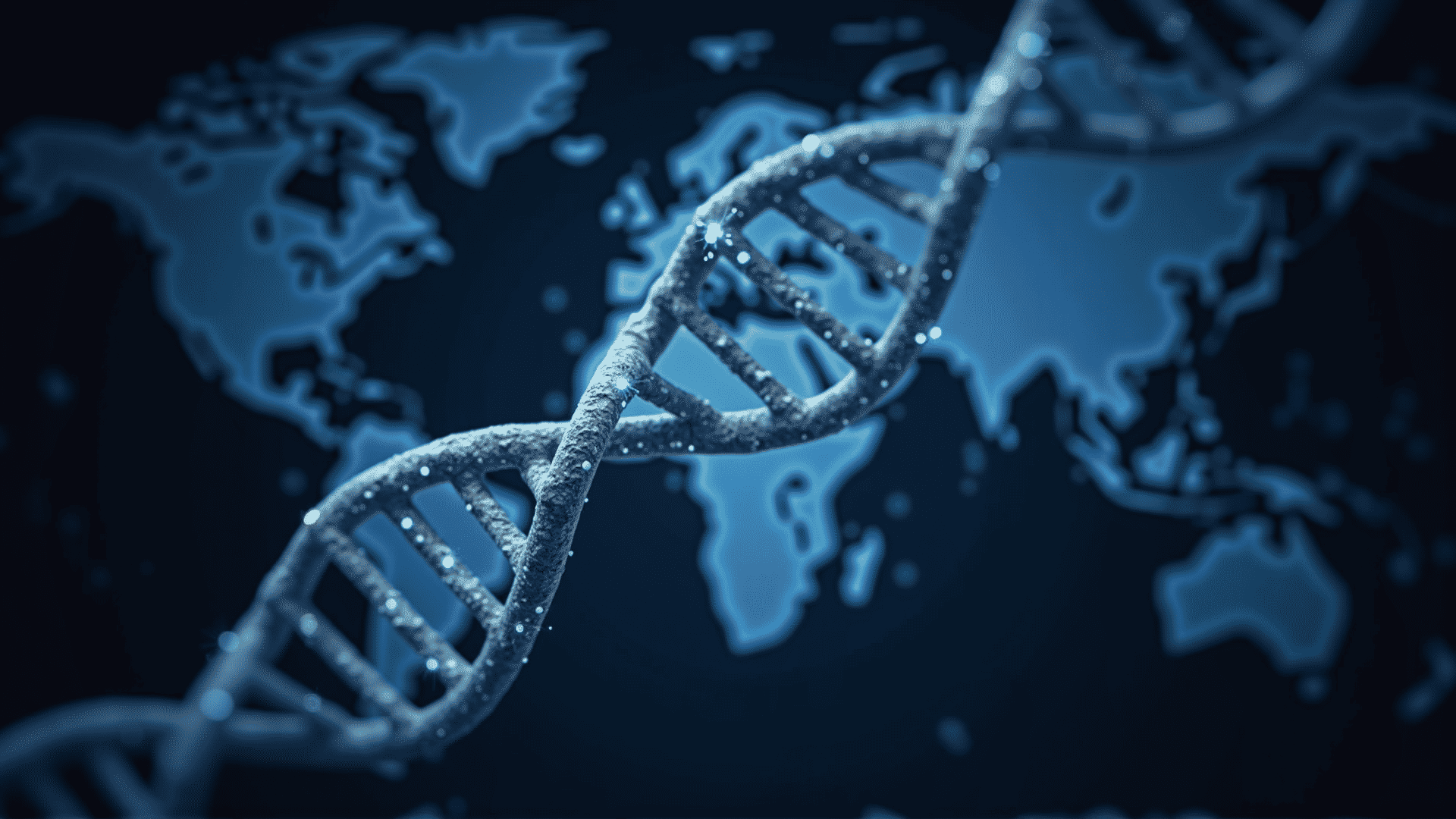In recent years, the field of genetics has experienced remarkable advancements, propelling DNA analysis into the limelight and transforming it into an accessible tool for individuals seeking to understand their own genetic makeup and ancestral heritage. This leap in technology allows for an exploration of one's genetic code with unprecedented accuracy and privacy, enabling profound personal discoveries.
At the heart of these advancements is the integration of sophisticated sequencing techniques that have substantially decreased the cost and time associated with DNA analysis. Next-generation sequencing (NGS) technology has revolutionized our ability to decode the human genome swiftly and cost-effectively, making personalized DNA analysis a possibility for individual consumers. This democratization of DNA technology has opened the doors for many to embark on a journey of self-discovery and understanding.
One of the primary appeals of DNA analysis is its ability to illuminate an individual’s ancestral roots. Using broad-based databases that compare genetic markers, modern DNA testing services can trace genetic lineages back for centuries, revealing connections to specific regions and populations across the globe. For many, this can establish a deeper connection to their familial origins, sparking interest and attachment to distant lands and historical identities. Additionally, such insights provide meaningful context about the migratory patterns that may have shaped their family history.
Moreover, beyond ancestry, advanced DNA analysis has the potential to reveal various aspects of an individual's personal health profile. By identifying genetic predispositions to certain health conditions, individuals can gain critical insights into their health futures. This empowers people to adopt proactive healthcare measures, informed lifestyle choices, and, in some cases, engage in early intervention strategies to mitigate risks. Such proactive measures can lead to improved overall well-being and longevity.
Privacy, however, remains a cornerstone concern for many considering DNA analysis. Recognizing this, leading DNA testing companies have fortified their privacy protocols, ensuring robust security measures to protect consumer data. Encrypted databases and stringent data protection policies are now the norm, recognizing the intrinsic value of genomic data and the responsibility to protect it from unauthorized access and misuse.
In addition to privacy safeguards, transparency about data usage is increasingly critical. Companies often provide consumers with options to control how their data is used, including the ability to manage consent for research purposes. This transparency is paramount in fostering trust between consumers and service providers, guaranteeing that individuals maintain conscious control over their genetic information.
What makes this era of DNA analysis particularly fascinating is its impact on both individual and collective narratives. By peering into our genetic histories, we gain insights not just about ourselves, but also about the shared human journey—a journey marked by migration, adaptation, and evolution. DNA analysis underscores how interconnected we are as a species, transforming what was once a scientific endeavor into a deeply personal and communal experience.
In sum, advanced DNA analysis provides an extraordinary opportunity to explore the profound intricacies of our genetic heritage and personal health. Combining powerful technological advancements with staunch privacy standards, DNA analysis represents an exciting frontier in personal discovery. It equips individuals with the tools to navigate their unique genetic landscapes, fostering not only self-awareness but also an appreciation for the complex tapestry that is human ancestry. As this technology continues to evolve, so too do the possibilities for what we can learn about ourselves and our place in the world.
